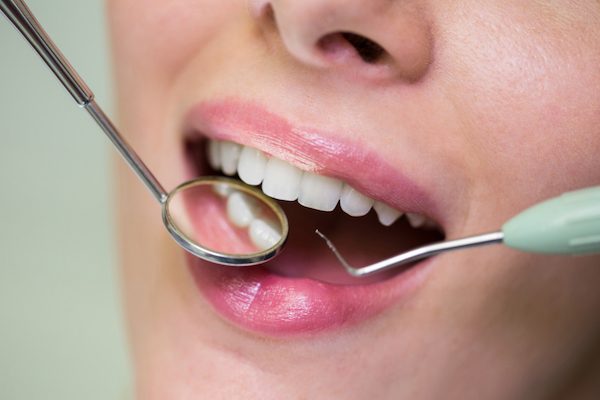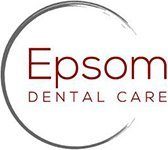Oral Surgery
Oral Surgery Applecross
Oral surgery refers to any medical procedure performed on the mouth regarding the teeth, jaw, and/or gums.
Depending on the type of procedure, it may be done by your general dentist in their office or by an oral surgeon in a hospital or clinic setting (such as the removal of wisdom teeth or installation of dental implants, depending on the type of implant and the technique being used).
Common Oral Surgery Procedures
Here are some of the most common oral surgery procedures people have to get at some point in their lives:
1. Dental Implant Installation
Dental implants replace missing teeth, and their installation requires oral surgery. The dental implant is a titanium rod or screw that is surgically inserted into the patient’s jaw.
A crown might be placed on the implant, depending on the type of implant used and how healthy the jaw is. Others might have to wait up to 6 months for surrounding bone tissue to fuse with the dental implant.
2. Tooth Extractions
A patient sometimes needs a tooth extracted, and a simple extraction will not get the job done. If this is the case, a surgical extraction is performed.
This involves making an incision into the patient’s gums to reach and extract the tooth. It can be performed under local or general anaesthesia.
3. Bone Grafting
This is performed when a person does not have sufficient jaw bone tissue. This can result from failing to replace a missing tooth or a condition that deteriorates jawbone tissue.
Bone grafting is also performed when a patient wants dental implants but lacks the bone tissue needed to hold the oral prosthesis in place.
4. Corrective Jaw Surgery
This is used to fix several minors and major dental and skeletal irregularities, such as a misaligned jaw. The procedure can improve the patient’s ability to breathe, speak and chew properly.
5. Sleep Apnoea Treatment
Surgery is sometimes needed to address sleep apnoea. This condition leads to blocked airways during sleep. This leads to interruptions in their sleep cycle as their body wakes them up to restore proper breathing.
Surgery can be used to remove the excess soft tissues that may block a patient’s airways. It can be used as a permanent solution for certain types of sleep apnoea.
Oral Surgery in Applecross

Need an oral surgery performed? Visit or call our Applecross office and find out if surgery is the right solution for your dental problem.
Give us a call to request your appointment today — simply contact us online or call (08) 9316 0555.
We are located at 729 Canning Hwy in Applecross WA.
Frequently Asked Questions
Will it hurt?
Your Applecross dental team will give you the exact anaesthetics to either completely numb the area or sedate you during your surgery. If you’re worried about pain, discuss your anaesthesia preferences and needs with your Applecross dentist ahead of time.
What kind of foods can I eat after undergoing oral surgery?
On the day of your surgery, cool and soft food, such as applesauce, cottage cheese, or yogurt, is recommended. Hot foods may disturb initial clot formation in the surgery site.
After the day of the surgery, avoid crunchy foods such as popcorn, nuts, and potato chips. These will break up into little pieces and can get packed down into the extraction sites.
If you had dental implants placed, avoid chewing on hard foods with the implant for 6 weeks, or the healing of the dental implant will be compromised.
Will I be able to drive myself home after the surgery?
If you have received sedatives, you will need someone to pick you up from surgery and drive you home. You will not be able to drive for the rest of the day. If you receive local anaesthesia, you will be able to drive after your surgery.
